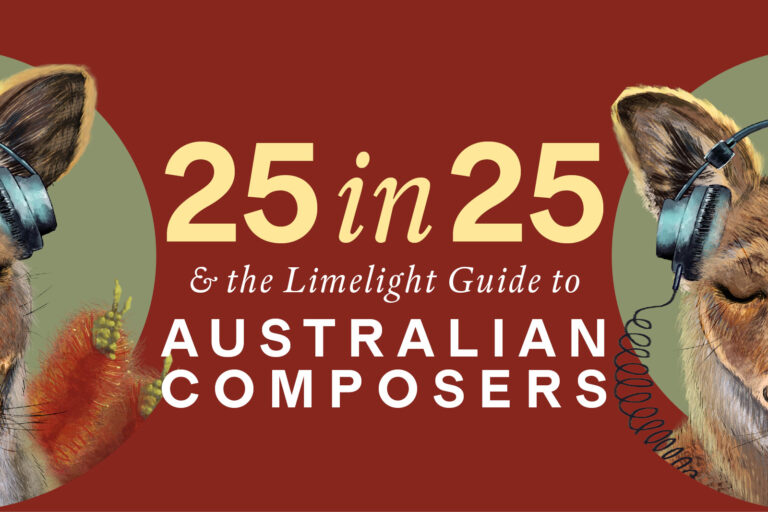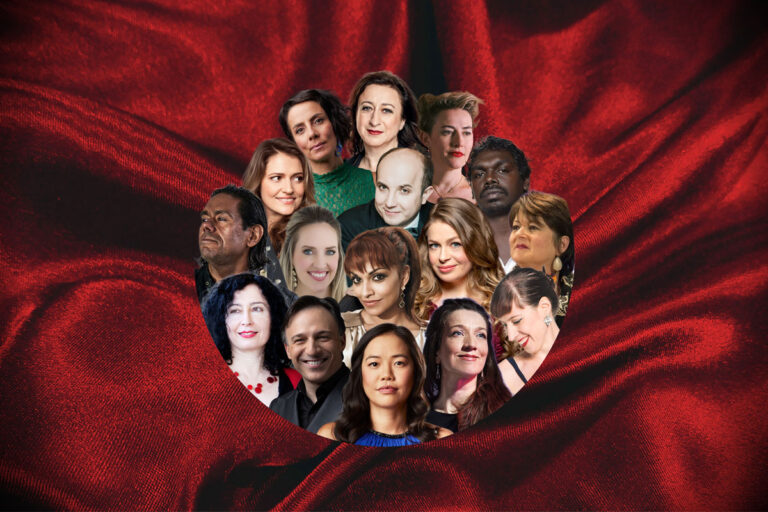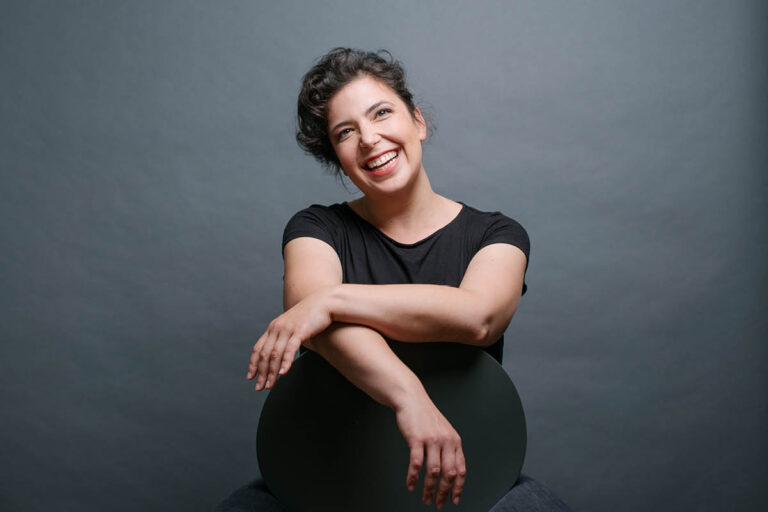The 41st edition of the Adelaide Festival – the first curated by Artistic Director Matthew Lutton – will play host to 59 events, among them 10 world premieres, 22 Australian premieres and a further 22 exclusives.
Announcing his inaugural program, Lutton said, “The 2026 Adelaide Festival invites you to lower your guard and throw yourself into an ecstatic 17 days of exploration. It does not seek to narrow to a specific theme, instead, it elevates Australian and international artists who push boundaries and embody virtuosity.”
He also promised “narratives focused on the need for love, belonging and a sense of self; the brutal barriers – some strong, some crumbling – the world hurls at us and the determination for hope, eccentricity, humanity and art.”

AF Artistic Director Matthew Lutton. Photo supplied
The Festival kicks off with a free concert in Elder Park from British rock icons Pulp. Jarvis Cocker and his long-time bandmates will blend glam rock, disco, new wave and British indie styles, performing classics like Common People and
Continue reading
Get unlimited digital access from $4 per month
Already a subscriber?
Log in











Comments
Log in to start the conversation.